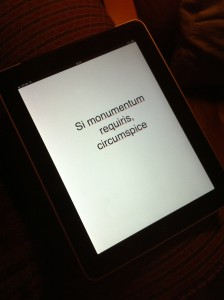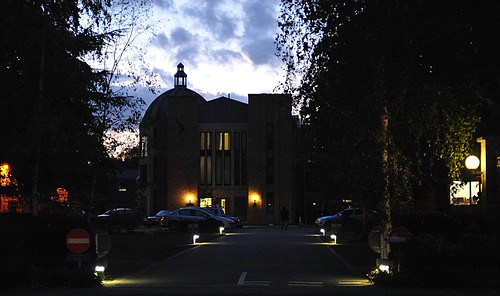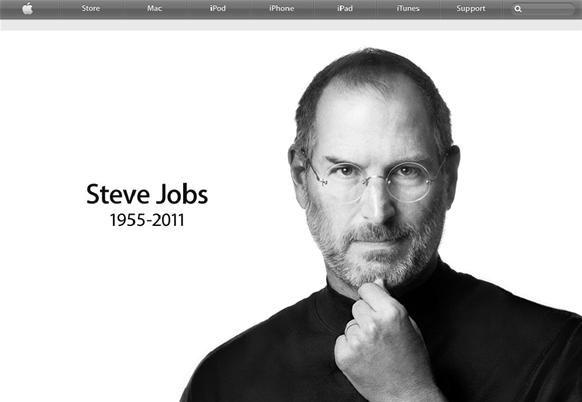Lovely story by Vic Gundotra about Steve Jobs’s attention to detail.
One Sunday morning, January 6th, 2008 I was attending religious services when my cell phone vibrated. As discreetly as possible, I checked the phone and noticed that my phone said “Caller ID unknown”. I choose to ignore.
After services, as I was walking to my car with my family, I checked my cell phone messages. The message left was from Steve Jobs. “Vic, can you call me at home? I have something urgent to discuss” it said.
Before I even reached my car, I called Steve Jobs back. I was responsible for all mobile applications at Google, and in that role, had regular dealings with Steve. It was one of the perks of the job.
“Hey Steve – this is Vic”, I said. “I’m sorry I didn’t answer your call earlier. I was in religious services, and the caller ID said unknown, so I didn’t pick up”.
Steve laughed. He said, “Vic, unless the Caller ID said ‘GOD’, you should never pick up during services”.
I laughed nervously. After all, while it was customary for Steve to call during the week upset about something, it was unusual for him to call me on Sunday and ask me to call his home. I wondered what was so important?
“So Vic, we have an urgent issue, one that I need addressed right away. I’ve already assigned someone from my team to help you, and I hope you can fix this tomorrow” said Steve.
“I’ve been looking at the Google logo on the iPhone and I’m not happy with the icon. The second O in Google doesn’t have the right yellow gradient. It’s just wrong and I’m going to have Greg fix it tomorrow. Is that okay with you?”
Of course this was okay with me. A few minutes later on that Sunday I received an email from Steve with the subject “Icon Ambulance”. The email directed me to work with Greg Christie to fix the icon.
Wow! Can you imagine any other CEO of a Fortune 500 company working at that resolution?



